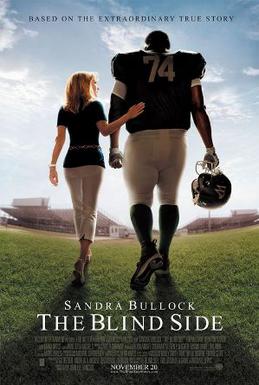
THE BLIND SIDE
Every Black Child Deserves A White Family...
It's a paradox in American society today. Our First Family is black, and by all accounts, Barack & Michelle Obama are a loving couple with a strong marriage and two well-adjusted daughters. Sasha & Malia Obama are by those same accounts pleasant, happy, well-brought up girls, fun-loving and well-mannered. In short, while not a perfect family the Obamas are a strong and loving unit and role model for the nation.
However, if we judge by films such as Precious and The Blind Side, we would believe that all black families are unstable, unhappy, unhealthy and even dangerous. In black homes as painted by Hollywood, the parents are absent or abusive or bizarrely both. In black homes as painted by Hollywood, the children psychologically damaged, sometimes almost beyond repair. These families are heavily involved in drugs and/or alcohol, with despair and hopelessness their only companions in the ghetto. While The Blind Side is meant to be "inspirational", it ends up coming across as almost condescending to insulting.
It's a paradox in American society today. Our First Family is black, and by all accounts, Barack & Michelle Obama are a loving couple with a strong marriage and two well-adjusted daughters. Sasha & Malia Obama are by those same accounts pleasant, happy, well-brought up girls, fun-loving and well-mannered. In short, while not a perfect family the Obamas are a strong and loving unit and role model for the nation.
However, if we judge by films such as Precious and The Blind Side, we would believe that all black families are unstable, unhappy, unhealthy and even dangerous. In black homes as painted by Hollywood, the parents are absent or abusive or bizarrely both. In black homes as painted by Hollywood, the children psychologically damaged, sometimes almost beyond repair. These families are heavily involved in drugs and/or alcohol, with despair and hopelessness their only companions in the ghetto. While The Blind Side is meant to be "inspirational", it ends up coming across as almost condescending to insulting.
The Blind Side is based on the life story of Michael Ohre, currently with the Baltimore Ravens. When we first meet Michael, better known as Big Mike (Quinton Aaron), he's the saddest sad sack in history. He has cause: absent father, drug-addicted mother, with no one to love or care for him. From what I understand a typical African-American upbringing if I got all my information on African-American upbringing from Hollywood.
He finds himself in a Christian (read, all-white) high school, where he stands out from all his classmates not for his wit or charm or any other attributes, but because he is the complete opposite of them: poor, large, and black. One night, Sean Tuohy (Tim McGraw) notices him picking up uneaten popcorn bags after his daughter's volleyball game. On their way back to their home, Sean, his wife Leigh Anne (Sandra Bullock), and their children (Lilly Collins and Jae Head) see Big Mike walking, all alone, and sad. Did I mention he was walking in the rain? Leigh Anne decides there is only one thing to do: bring him to their home.
I digress to point out the Tuohy home looks like a miniature Versailles. I'm not sure my hometown of El Paso, TX has a house anywhere that large as that of the Tuohy mansion. This is an important detail, since Michael (we find out he doesn't like being called Big Mike) sleeps on a sofa for months before the Tuohys offer him his own bedroom...or in his case, his very first bed.
He finds himself in a Christian (read, all-white) high school, where he stands out from all his classmates not for his wit or charm or any other attributes, but because he is the complete opposite of them: poor, large, and black. One night, Sean Tuohy (Tim McGraw) notices him picking up uneaten popcorn bags after his daughter's volleyball game. On their way back to their home, Sean, his wife Leigh Anne (Sandra Bullock), and their children (Lilly Collins and Jae Head) see Big Mike walking, all alone, and sad. Did I mention he was walking in the rain? Leigh Anne decides there is only one thing to do: bring him to their home.
I digress to point out the Tuohy home looks like a miniature Versailles. I'm not sure my hometown of El Paso, TX has a house anywhere that large as that of the Tuohy mansion. This is an important detail, since Michael (we find out he doesn't like being called Big Mike) sleeps on a sofa for months before the Tuohys offer him his own bedroom...or in his case, his very first bed.
Michael knows nothing about football or a loving family until the Tuohys guide him both on and off the field. Thanks to their love and example, Michael Ohre is able to overcome his disadvantages and go on to a successful college and NFL career.
The Blind Side as I stated is meant to be inspirational, meant to have us cheer Ohre on as he soon creates a new life with the only family he's ever truly known, meant to have us rejoice in his eventual success in college and then the NFL...and yet...and yet...I couldn't bring myself to do so.
It isn't that I don't applaud what the Tuohys did or Mr. Ohre's triumph over his background. It's just that if it weren't "based on a true story" I wouldn't believe much if any of it. The main problem in The Blind Side is that for a biopic about Michael Ohre, the film really isn't about Michael Ohre. It's rather about the Tuohys, specifically the raging Southern belle Leigh Anne.
We never see or hear from Michael himself about what he thinks or what he feels about everything going on around him. In short, he never really speaks for himself. Sometimes doesn't even speak at all. He might just as well be a stick of furniture given how mute Ohre is, how passive almost docile he is.
Instead, The Blind Side really should be retitled All About Tuohy, or more precisely All About Leigh Anne. As played by Bullock, Leigh Anne is a no-nonsense take charge woman who knows what's best for everyone and goes about fixing things with bluntness and no thought about how it might look. Leigh Anne's husband Sean, on the other hand, is generally quiet and supportive, almost passive, when it comes to anything his wife wants or thinks. I wouldn't blame people if they ended up thinking Bullock and McGraw were doing their version of Sarah and Todd Palin! That would be fitting to how the Tuohys are shown: as good Christian Republicans.
The performances themselves were overall good. Bullock's Southern accent was not believable at the onset, but over time it either diminished or my ear just started adapting to it. Her performance shows that she is more than a talented comic performer but an actress who can bring a touch of comedy to a drama. McGraw is adding an impressive résumé to his film credits and is becoming an actual actor as opposed to a singer who says lines. I also give credit to McGraw's hairpiece...it's the best one I've seen on him.
The real scene-stealer is Jae Head as their son S.J. He is delightfully precocious and brightens the screen every time he's on. Kathy Bates in a small role makes her Miss Sue a woman very eager to please, so much so she "outs" herself to the Tuohys as something they apparently have never encountered: a Democrat. I find it amusing when Sean tells Leigh Anne how strange it is that they had a black son before meeting a Democrat because in real life Tim McGraw is one of the few Democrats in country music, at least openly so.
The real scene-stealer is Jae Head as their son S.J. He is delightfully precocious and brightens the screen every time he's on. Kathy Bates in a small role makes her Miss Sue a woman very eager to please, so much so she "outs" herself to the Tuohys as something they apparently have never encountered: a Democrat. I find it amusing when Sean tells Leigh Anne how strange it is that they had a black son before meeting a Democrat because in real life Tim McGraw is one of the few Democrats in country music, at least openly so.
The performances being good, it's unfortunate that writer/director John Lee Hancock's adaptation of Michael Lewis' nonfiction book did the characters all a disservice. People were too busy being inspired to notice little things, like the fact that as seen on film Ohre apparently never managed to make any friends in his Christian school outside the Tuohys. What that says about Christians I leave up to the reader.
In fact, we never see Michael make any kind of connection with anyone outside the Tuohys, as if all of them lived in a bubble no one can burst. It also made little to no notice of Ohre himself. It's no joke when Bullock says the rather clichéd line, "We didn't change him. He changed us", since the story was told through their eyes, not his. There were more clichés, like the snobbish "ladies who lunch" or their ghetto counterparts, the drug dealers in the projects.
Worse is just how dumb Ohre comes off, a simple, sweet soul akin to Forrest Gump's black cousin. He's big, but he's soft. How else could we have a scene where he's failing to understand the rudiments of football (yes, you can use the word rudiment when talking about football) until Leigh Anne explains it in terms of family? Only then do we have the inner beast being unleashed and he becomes the tackle he will eventually become. This whole scene, I figure, is meant to show how Ohre's new family structure is worth protecting, but it just manages to infantilize him, make him look like he's mentally a child.
Worse is just how dumb Ohre comes off, a simple, sweet soul akin to Forrest Gump's black cousin. He's big, but he's soft. How else could we have a scene where he's failing to understand the rudiments of football (yes, you can use the word rudiment when talking about football) until Leigh Anne explains it in terms of family? Only then do we have the inner beast being unleashed and he becomes the tackle he will eventually become. This whole scene, I figure, is meant to show how Ohre's new family structure is worth protecting, but it just manages to infantilize him, make him look like he's mentally a child.
You also have a bizarre scene where Miss Sue is trying to scare Michael off from going to Tennessee which the Tuohys all hate in favor of their alma mater Ole Miss. She tells him that the Tennessee stadium is filled with corpses and body parts and it looks like he believes her. In an eight-year-old, it makes him look innocent. In an eighteen year old, it makes him look stupid. In retrospect, this whole scene is actually cringe-inducing, harkening back to how African-Americans were easily "spooked".
Near the end, Michael has to write an essay that will give him the GPA necessary to get him into a university (shown by having college coaches who played themselves pitch their programs to Michael and S.J.). He is persuaded by Sean to pick Alfred, Lord Tennyson's poem The Charge of the Light Brigade by putting it in a football context.
Somehow, again this seems very condescending to Ohre, as if he is incapable of comprehending anything until put into simple terms (family, football). Far be it for The Blind Side to show Michael Ohre as anywhere near intelligent or able to comprehend things on his own.
I think the other choices offered would have been better: A Tale of Two Cities provides the unofficial Tuohy motto (It is a far, far better thing I do, than I have ever done...) while Shaw's Pygmalion is the Michael Ohre Story: a poor, uneducated person taken into wealthy surroundings and transformed into My Fair Gentleman.
When I think of great fictional inspirational sports stories, I go to the classic Hoosiers or Rocky. If I want "based on a true story", I can revisit Chariots of Fire, Rudy, or read All Things Possible, the autobiography of NFL quarterback Kurt Warner. The Blind Side, while having good performances, lost out its chance to join the ranks of those by relying too much on standard storytelling, weak characters, and most damaging, telling the story from the wrong perspective.
The main difference is that in all the other films/books listed, we saw the story from the protagonist's viewpoint. They knew the odds against them (be it anti-Semitism, height, failure to get drafted) and yet they still pursued their dreams because they wanted to succeed. In The Blind Side, we don't get that, and if we had, it would have been better.
The main difference is that in all the other films/books listed, we saw the story from the protagonist's viewpoint. They knew the odds against them (be it anti-Semitism, height, failure to get drafted) and yet they still pursued their dreams because they wanted to succeed. In The Blind Side, we don't get that, and if we had, it would have been better.
As I think on The Blind Side, I find that while many people loved it, I now find it slightly distasteful. It is not about Michael Ohre. Instead, somehow, in some way, it seems a throwback to a time where black characters seem to be incapable of finding their way without a white person to guide them. The Blind Side now in retrospect looks like one of the worst examples of a "white savior" narrative, where the Anglo characters come in to rescue the black characters from their miserable lives.
I don't think The Blind Side is anywhere near overtly racist or that it was done with bad intentions. However, by making Michael Ohre this virtual passive mute it ended up diminishing him and turning him into an overgrown child with no agency, no free will and dependent on the noblesse oblige of the wealthy white people to get ahead. Strange that for a story about Michael Ohre overcoming difficult circumstances to rise to a major pro football career, he is painted as a simple man in need of only the kindness of strangers picking up their white man's burden to get him to his success.
It's not a bad film, just not a great one. This kind of story deserves better, and one needs to remember what happens when you pave the road with good intentions.
 |
| Michael Ohre: Born 1986 |




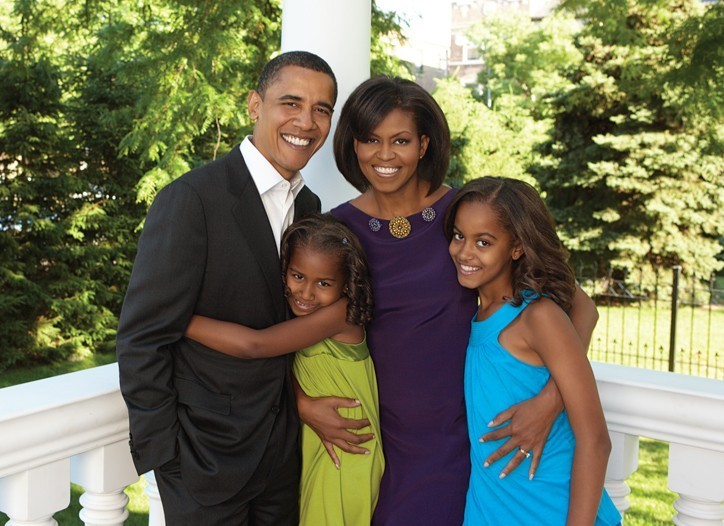
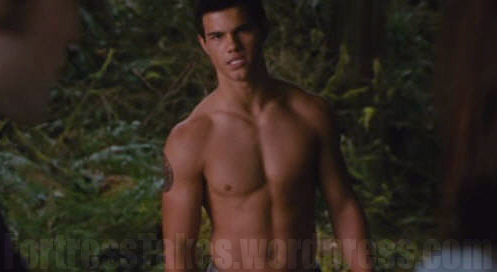

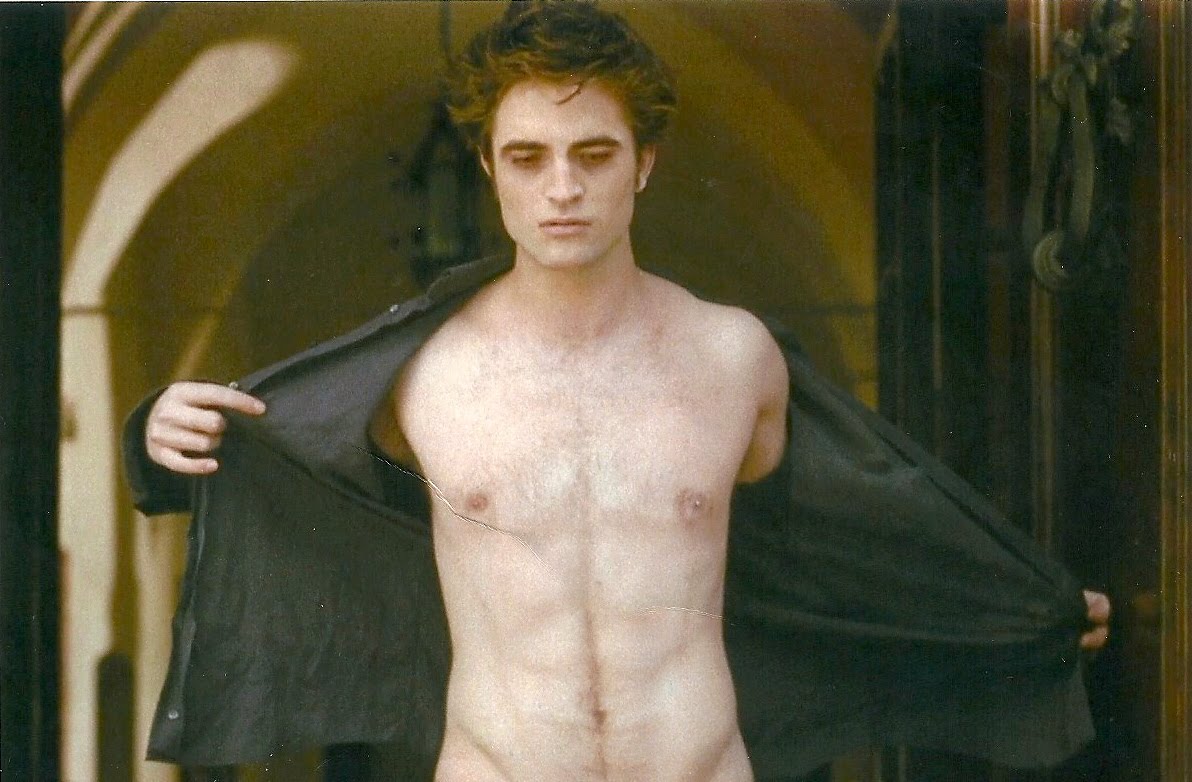
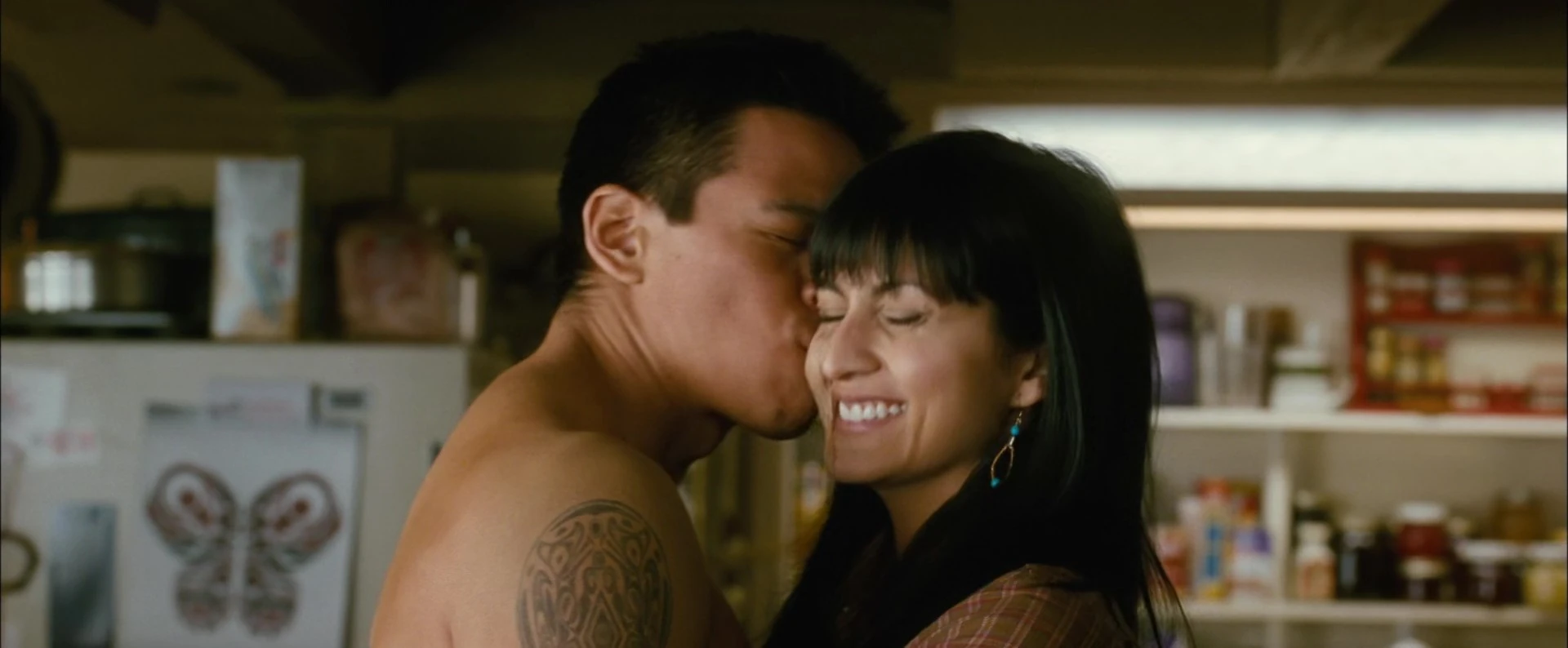
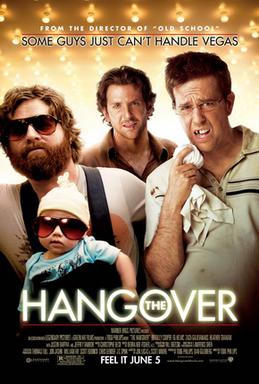

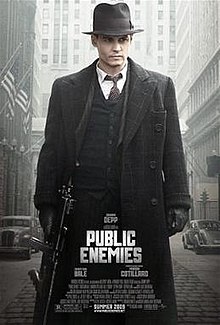




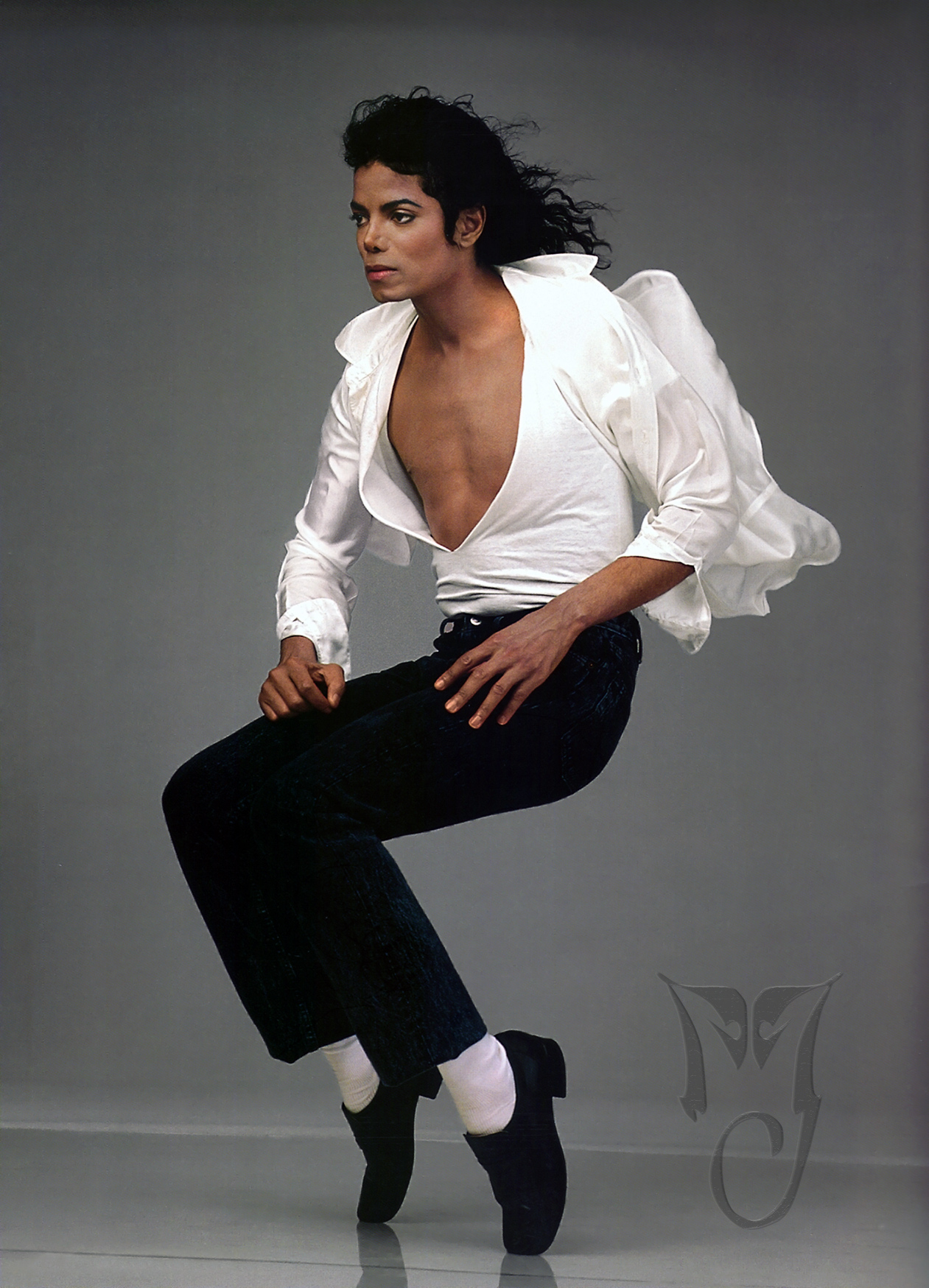
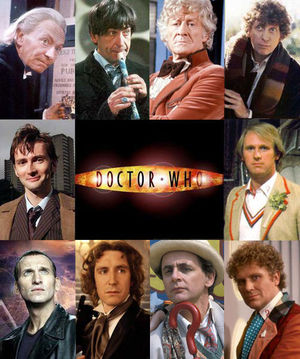

.jpg)

